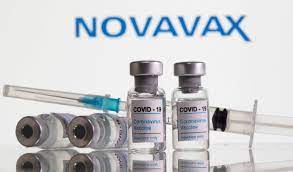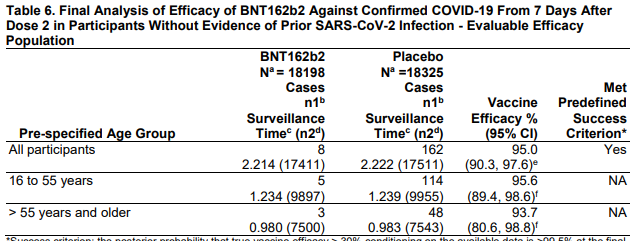
How can we be most rational about rare adverse events after vaccination? I discussed the risk of #GuillainBarre syndrome after the @JNJNews #vaccine with @ShyannMalone this morning. Some thoughts in this thread (1/n)
2. I have been speaking with several "on the fence" people. Not yet vaccinated, not fully opposed to vaccination. They are all intelligent, thoughtful individuals. They can quote me the numbers in terms of risk, and acknowledge the very low risk of adverse events post-vaccine.
3. They do not seem to have a misunderstanding of the raw numbers, though they do tend to have a pessimism bias: "sure, the risk may be 1 in 100,000, but I just know I'll be that one".
4. One recurring theme? The problem of agency. They feel that a bad outcome, after a choice they made actively (to get vaccinated) feels worse than a bad outcome of a passive choice (not getting vaccinated / getting infected).
5. They anticipate the regret they will have if they happen to have a (rare) vaccine side-effect. It is more acute because it was THEIR choice. I'm sure some psychologist can tell me what this is technically called, but it seems fairly uniform.
6. So I think we need to start being a little more clear that, at this point in the pandemic, if you live in the US, getting COVID-19 is also a choice.
How amazing is it that it is a choice at this point?! But it is.
The way you choose not to get it is by getting vaccinated.
How amazing is it that it is a choice at this point?! But it is.
The way you choose not to get it is by getting vaccinated.
7. In other words, there's no sitting on the sidelines here. Inaction (with regard to vaccination) is a choice to accept the consequences of infection in you or your loved ones.
8. This feels harsh as I read it. And I'm sure some of you have a better way to phrase it. But I think we need to give the same sense of agency to people who choose NOT to be vaccinated as to those who choose to be vaccinated.
9. Straight talk - most people who get COVID-19 do fine. But a substantial portion don't; more than 600,000 have died in this country.
Nearly all people who get vaccinated do fine - a miniscule portion don't.
No matter what, we're all making a choice. (/rant)
Nearly all people who get vaccinated do fine - a miniscule portion don't.
No matter what, we're all making a choice. (/rant)
• • •
Missing some Tweet in this thread? You can try to
force a refresh











